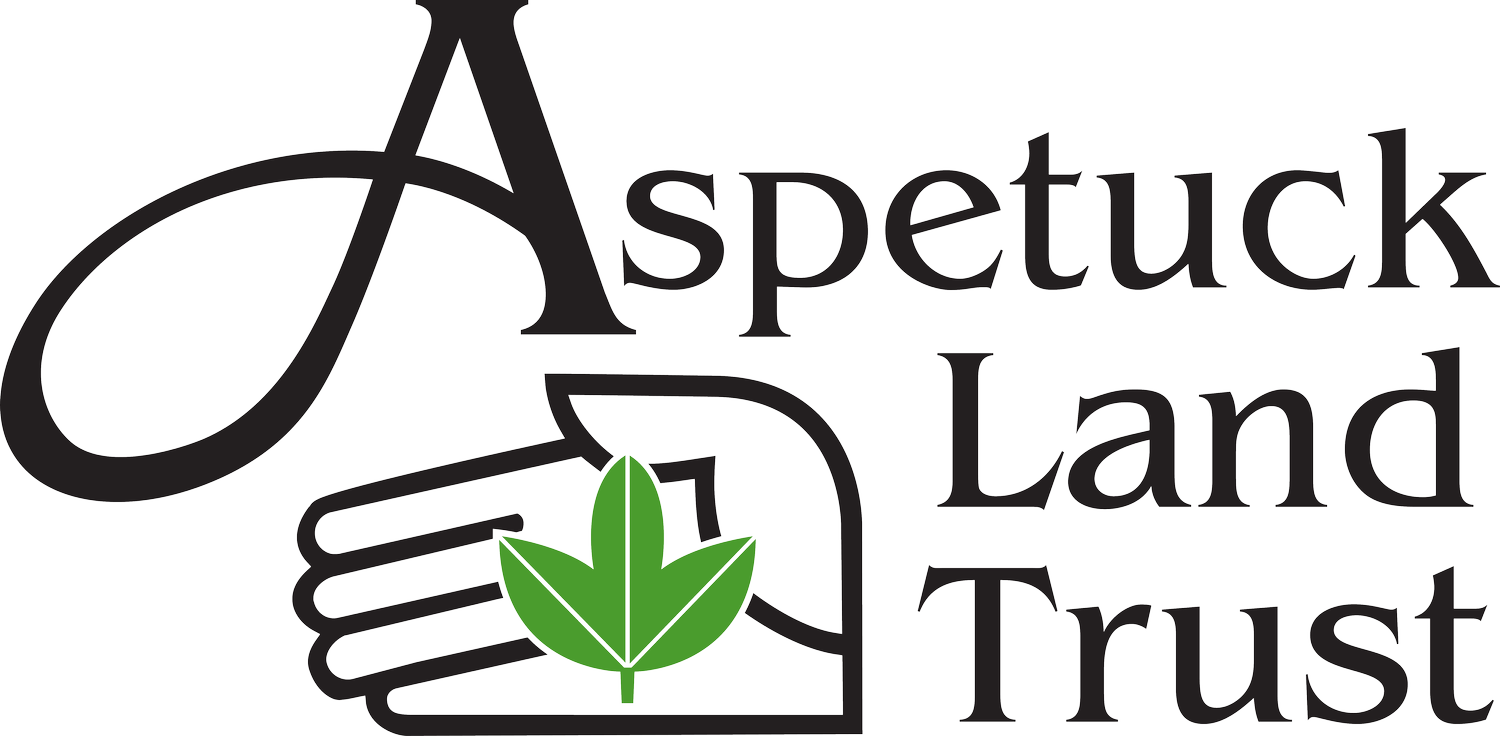Our 7 Miyawaki mini forests in Bridgeport have become all the rage, but how great would it be if we could add them to our backyards!
Join restoration ecologist Meghan Noe Fellows to learn how to plant these mini-forests (she calls them Super-clumps) in your home landscape!
Mini forests are a dense planting of native plants, trees, and shrubs. These dense plantings increase local biodiversity, provide bird and insect habitat, and have been known to block out some unsightly neighbors.
Our Aspetuck Green Corridor has long encouraged implementing nature-based practices in suburban environments to offer multiple benefits. Meghan Fellows makes forest restoration accessible to anyone with a bit of land to spare. She will go over species selection, site selection, and some pitfalls, from her experience installing over 150 mini-forests in the mid-Atlantic.
Meghan Fellows is the Director of Estuary Science and Restoration and the Delaware Center for the Inland Bays. She earned a B.S. in biology with marine science from Cornell University and Master’s in biology with restoration ecology from San Diego State University and became Virginia’s first Certified Ecological Restoration Practitioner (CERP), from the Society for Ecological Restoration in 2018.
Meghan enjoys experiencing the estuary and salt marshes above the mean high water line, especially at the wrack line, which collects so many interesting things. Her approach is holistic, with land management and restoration activities focused on increasing the ecosystem function and services for a living, working system. And yes, more trees are usually the answer. In her spare time she's Mom, Partner, and pet mom, enjoys trying new-to-her vegan restaurants and bookstores.


